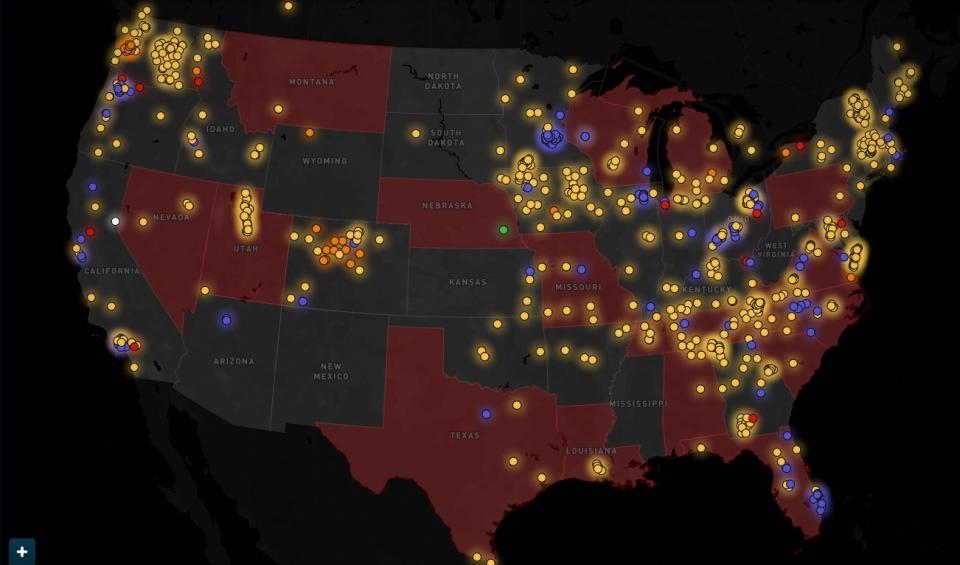In Our View: States Should Consider Adopting Their Own Affordable Broadband Law in a New York Minute
Now that the lengthy legal beef has been settled and New York’s Affordable Broadband Act (ABA) is set to take effect this month, it marks a potentially pivotal moment in a national effort to address one of the biggest barriers to broadband adoption:
Affordability.
The first-in-the-nation law requiring large Internet Service Providers (ISPs) operating in New York to offer a $15/month plan for qualifying low-income households stands to benefit the approximately 1.7 million New Yorkers who had been enrolled in the federal Affordable Connectivity Program (ACP) Congress allowed to expire last spring.
With a new administration entering the White House – supported by GOP Congressional leaders who blocked previous ACP renewal efforts – the newly enacted ABA “paints a path that other states will look at,” as New Street Research analyst Blair Levin recently noted.
“In a world where the federal government is subsidizing low-income households for $30 a month, states did not need to take action to address low-income broadband affordability,” Levin added. But now, without the ACP benefit, “states may try to assist low-income households to keep them connected.”




